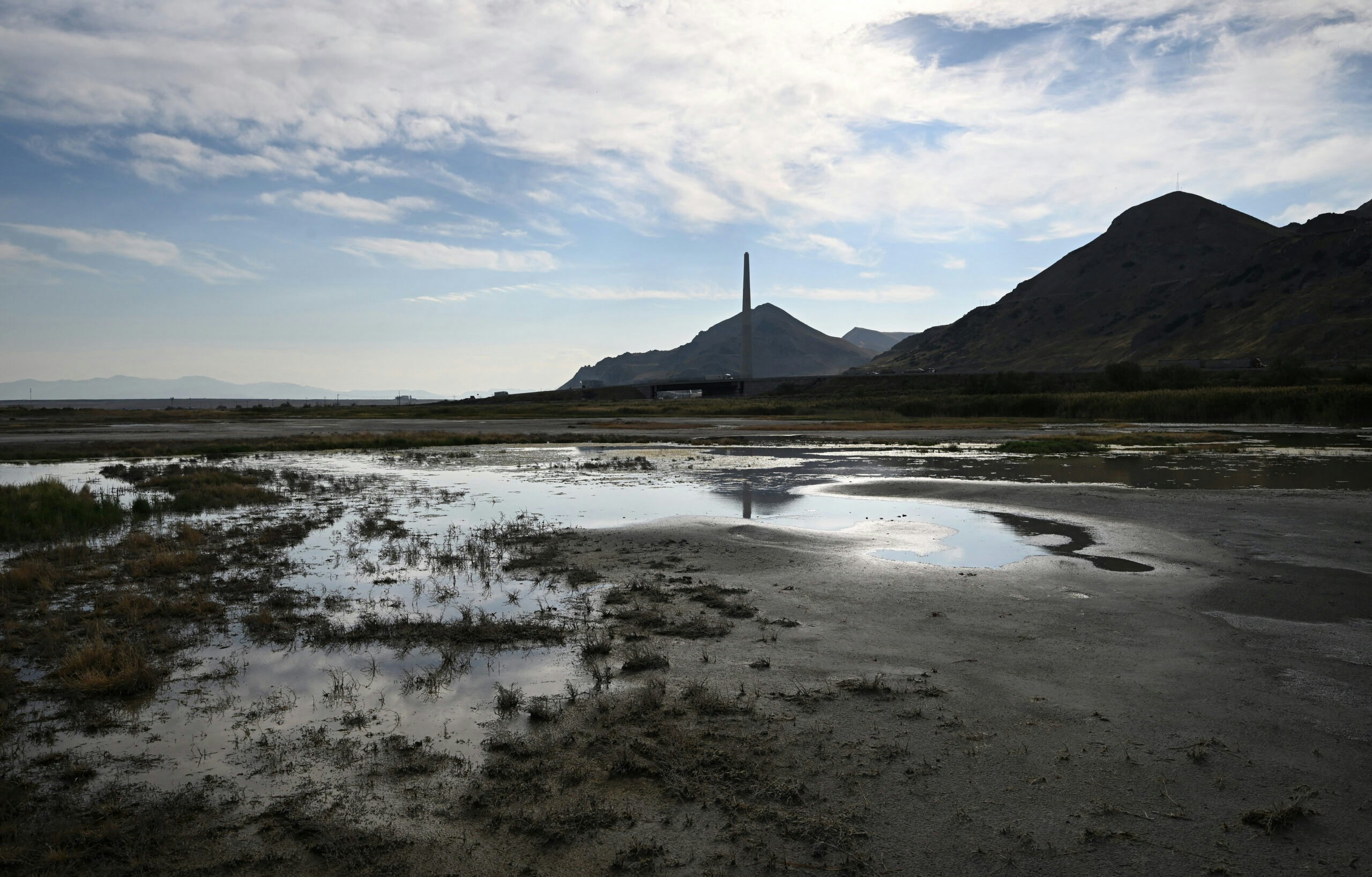This post originally appeared in the discussion on National Journal's Energy Insiders.Crude Debate: Should Washington Lift Oil Export Ban?Oil...
This post originally appeared in the discussion on National Journal’s Energy Insiders.
Crude Debate: Should Washington Lift Oil Export Ban?
Oil is just another commodity
For the past 40 years, in response to the OPEC embargo of 1973, crude petroleum exports from the U.S. have been severely restricted. Back then, we referred to oil as “liquid gold.” But today, it’s just another globally traded commodity. It’s time to start exporting oil.
Some politicians and pundits claim that exporting oil will divert us from the path toward “energy independence.” Others argue that exporting oil will weaken our energy security since we’re still a net importer. Still others claim that keeping domestic oil at home will help lower gasoline and diesel prices. All of these arguments are baseless. Currently, we lead the world in the output of natural gas, coal, nuclear power and renewables. We’re still number three in oil production, but the International Energy Agency projects that within a few years America will reclaim its number one ranking. In short, we’re already energy independent.
As for energy security, it’s hard to envision a political scenario that would result in our inability to import oil. Over the past year, we’ve seen political unrest in Iraq, Libya, Bahrain, Syria and other petroleum exporting countries, but there has been little change in oil prices. Most of the oil we import today comes from friendly nations like Canada and Mexico. OPEC now accounts for less than 10 percent of U.S. consumption, with half coming from Saudi Arabia to supply its huge refinery in Port Arthur. What’s more, we still have the Strategic Petroleum Reserve in the unlikely event of a political conflict that could disrupt global oil movements.
And because the price of oil is determined (more or less) by global supply and demand, keeping U.S. oil in the U.S. will not confer any benefits to consumers. On the other hand, exporting some of our oil can help sustain the energy boom that has created hundreds of thousands of jobs in recent years against the backdrop of a less-than-robust economic recovery from the Great Recession.
Obviously, changing the laws that banned the export of crude oil in the aftermath of the mid-1970s energy crisis will not be easy, for two reasons. First, politicians, the media and the public must recognize that oil is simply a commodity. Just as we export rice and wheat at the same time we import rice and wheat, there’s no reason we shouldn’t do the same with oil. Second, most mainstream environmental groups oppose oil exports for the same reason they oppose natural gas exports, offshore drilling, and the Keystone XL pipeline. To them, any of these developments will bring about more fossil fuel production and more fossil fuel consumption. That’s bad for the planet, end of story.
If it makes economic and logistical sense to export some grades of oil, such as light sweet crude where we have a supply glut from the Eagle Ford shale in Texas, we should do so. And if it makes economic and logistical sense to import oil, such as diluted bitumen from the Alberta Oil Sands to feed into Gulf Coast refineries that are designed to process heavy crude, we should do so as well.
America is an energy rich country, the richest in the world. We need to stop acting as though we’re energy poor.
Weinstein is associate director of the Maguire Energy Institute in the Cox School of Business at Southern Methodist University in Dallas and a fellow with the George W. Bush Institute.
Image by Michael Coghlan




























